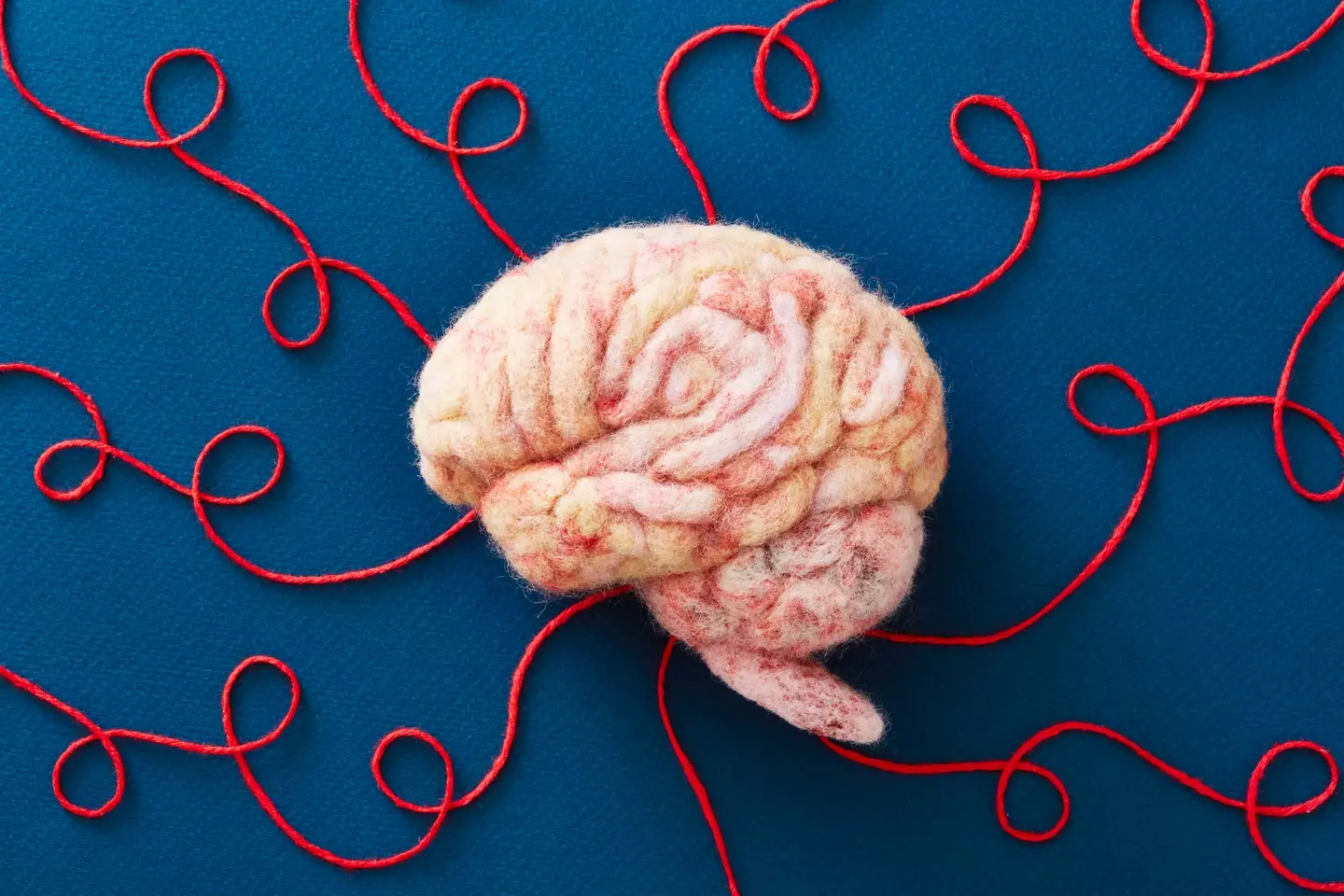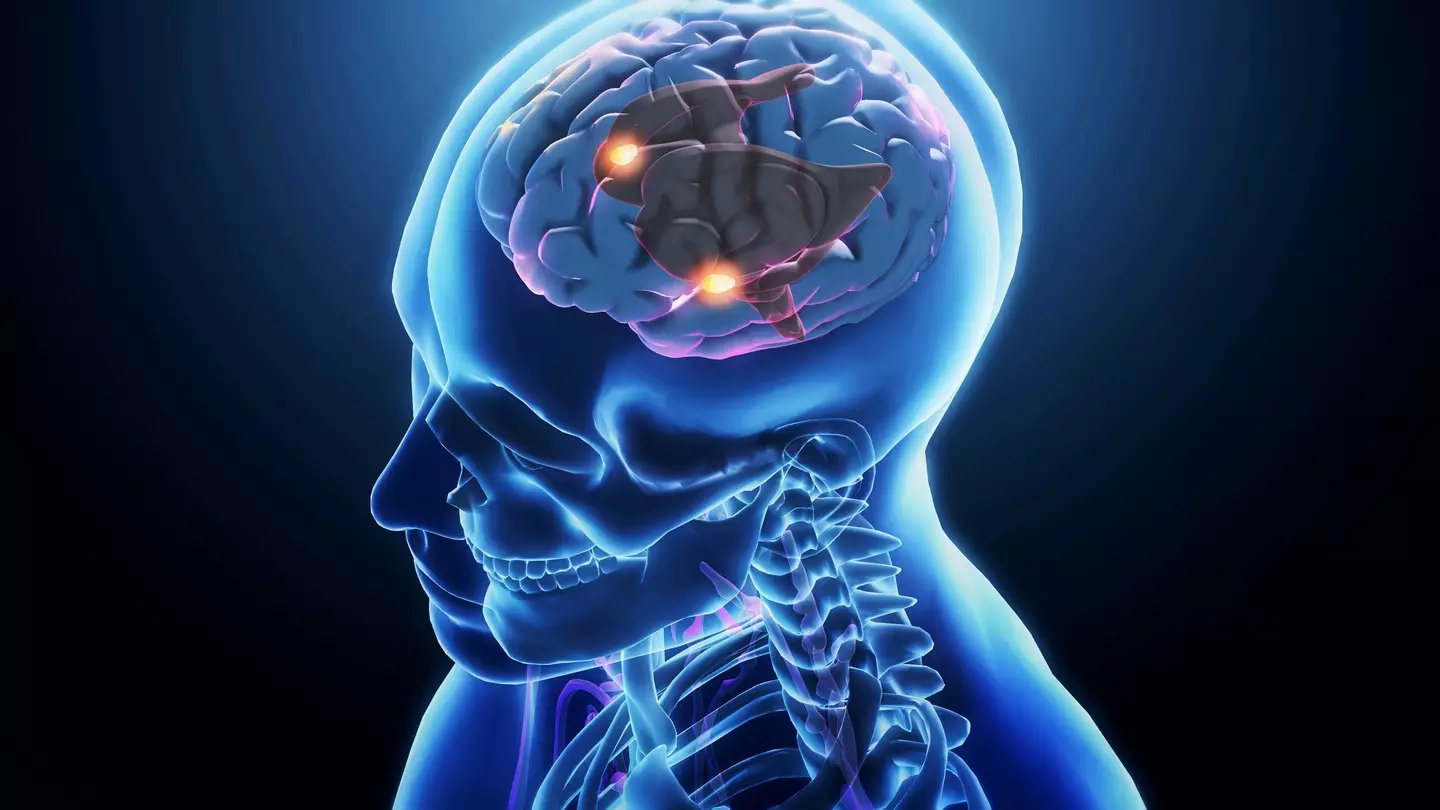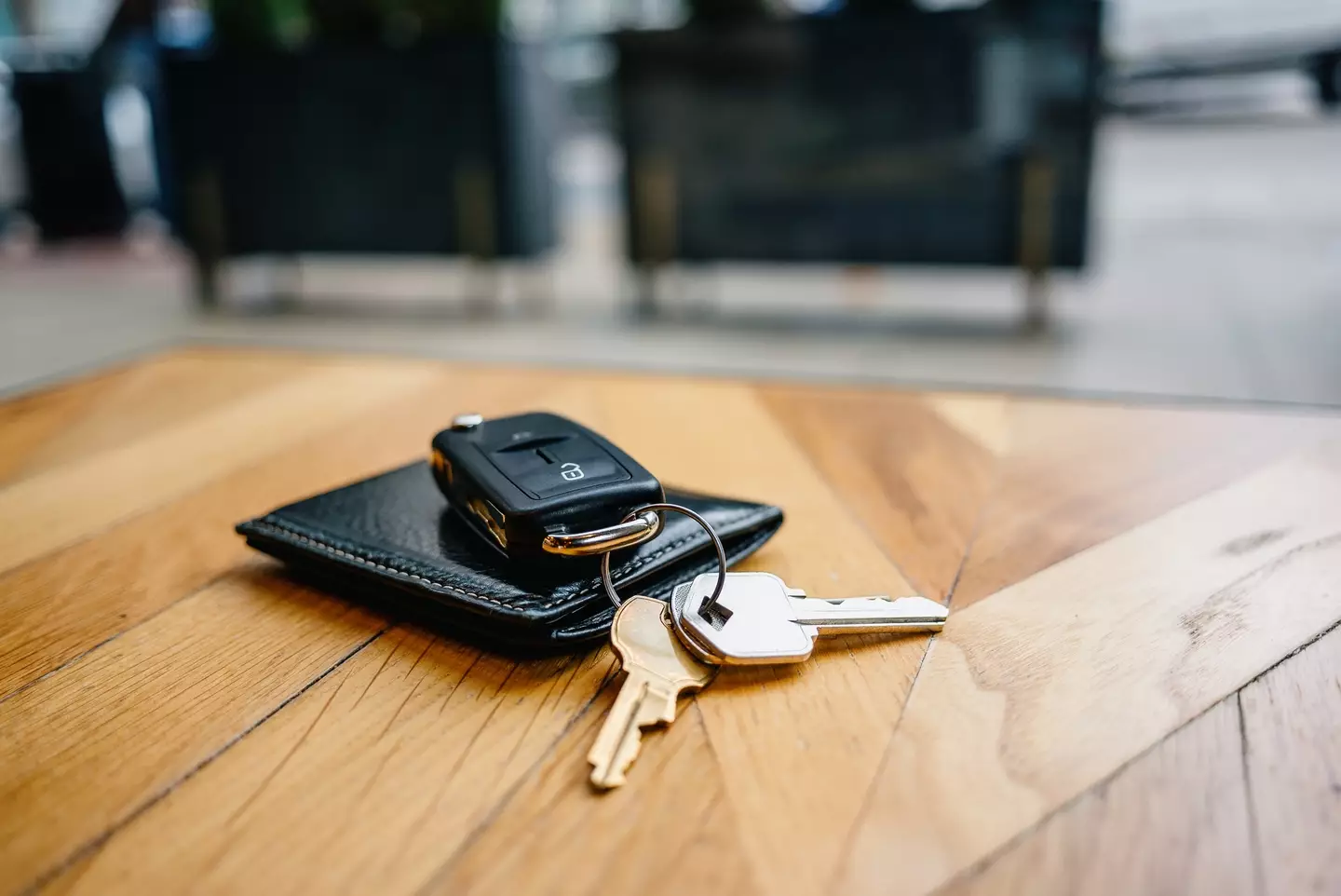
Medical experts have weighed in on the rise of ADHD diagnoses and how to actually tell if you have the condition amid a flurry of internet users self-diagnosing.
The internet, in many ways, can be a beautiful thing. However, as we know, there are a whole bunch of downsides to the weird and wonderful world of the internet, including a noticeable 'rise in self-diagnoses' when it comes to our health.
Most of us are guilty of such a habit in some capacity - even if it's typing in our symptoms for what's actually a common cold, only to be convinced after a quick Google search of a dire health condition and impending death.
And one particular thing people seem to be diagnosing themselves with frequently right now is none other than attention deficit hyperactivity disorder - better known as ADHD.
Advert

ADHD symptoms
The NHS defines ADHD as 'a condition where the brain works differently to most people', adding: "If you have ADHD, you may have trouble with things like concentrating and sitting still."
Symptoms of ADHD involve your ability to pay attention to things (being inattentive), having high energy levels (being hyperactive) and your ability to control your impulses (being impulsive).
You may show signs of being inattentive, such as: being easily distracted or forgetful, finding it hard to organise your time, finding it hard to follow instructions or finish tasks and losing things often, like your wallet, mobile or keys
You may show signs of being hyperactive and impulsive, including: having a lot of energy or feeling restless, being very talkative or interrupting conversations AND making quick decisions without thinking about what might happen as a result.
But, amidst the avalanche of online quizzes, the rise of TikTok 'doctors' and all-around major confusion on what the condition really is, how can you actually tell if you have ADHD or not?

'A lot of misunderstanding'
Well, Dr Blandine French, a senior research fellow at the University of Nottingham’s School of Psychology who specialises in ADHD and has the condition herself, explained to The Telegraph: "There’s a lot of misunderstanding – a lot of misuse of language.
"The danger with social media is someone saying, 'Well, my ADHD is like that, and this is what I do', and people thinking, 'That’s ADHD'. It’s not. That’s your individual experience of ADHD. On its own, this doesn’t validate a diagnosis."
According to Dr Ulrich Müller-Sedgwick, a consultant psychiatrist who has been diagnosing ADHD in adults for more than two decades, a correct understanding of ADHD is when a person has difficulty regulating their attention, hyperactivity and impulsivity.
Such symptoms are believed to be caused by a lack of dopamine in the brain – a neurotransmitter essential for focus, he explains.
"But it’s not these symptoms alone," Dr Müller-Sedgwick notes, explaining that, for an ADHD diagnosis, there must be a record of these behaviours being present from the age of 12 – either in school reports or testimonies from friends and family.
These symptoms in question must also make daily life difficult - e.g. negatively affecting work, caring responsibilities or relationships - and cannot be explained by anything else, whether that’s another medical condition, such as anxiety or a brain injury, or a life circumstance.
"For example, you could be going through a divorce and be really forgetful, but there’s a reason for that," Dr French noted.

ADHD symptom examples explained
So, what are specific examples of these so-called ADHD symptoms that many people use to self-diagnose?
Losing your keys
Dr Müller-Sedgwick says that if you find yourself looking for your keys just once a week, then that's 'not an ADHD symptom'.
"It really has to be more frequent than this. It has to cause problems," he added.
For example, patients with ADHD may end up wasting a lot of time searching for their keys, to the detriment of their day-to-day life, leading to their partner or family becoming irritated or such a habit getting in the way of their work.
"They often also have a long history of losing credit cards and have had to renew them a couple of times, or they have lost mobile phones and had to get new Sim cards," he continued before adding: "For it to be ADHD, it needs to create some impairment in your life."
With all that said, however, this symptom in isolation is not enough to diagnose ADHD, nor is any other single symptom, Dr French outlines.
"Everybody loses their keys at one point or another," she says. "It doesn’t mean you have ADHD. In combination with distraction and forgetfulness, it can be part of the ADHD diagnosis."

Procrastinating
"Most of us, especially if you have to do things like admin, tend to procrastinate, which means it takes us a while to get started," says Dr Müller-Sedgwick.
Real-life examples of this may include students putting off starting an essay but ultimately getting it done in the end due to the fact there’s a deadline and missing it could mean failing a course, he notes.
However, people with ADHD tend to have a long history of struggling with deadlines.
"They had to ask for extensions all the time, and it’s not because they were partying but because they couldn’t get started or couldn’t finish the work they had to do, even though they really tried hard," Dr Müller-Sedgwick points out.
As a result, such individuals may have lost a series of jobs or hopped from one to another – jumping before they get pushed, he explains.
According to Dr French, such behaviour is down to the differences in how the ADHD brain is wired.
"It responds very well to quick rewards – things that happen instantly," she explains. "When you have a big test to do, or a task that’s really hard or boring, you don’t see the reward straight away."
Additionally, she adds, those with ADHD can become hyper-focused and get a task done efficiently if it is something they are interested in.

Doomscrolling
"Social media is engineered so that it keeps everyone’s attention and increases your dopamine," Dr Müller-Sedgwick highlights. "They work through the reward mechanisms in the brain."
Those with ADHD are also especially prone to being sucked into spending a lot of time on these apps, with Dr French outlining: "It’s very rewarding, it’s like gambling.
"Scrolling gives quick responses, and your attention is constantly shifted and rewarded."
This behaviour can become a problem if people wind up spending so much time on their phone that they can’t do the tasks that they need to, or if it interferes with their relationships, Dr Müller-Sedgwick says.
"These are common behaviours. Social media is meant to increase dopamine in all of our brains, but people with ADHD will do it more persistently and will get themselves into more problems from spending time on their phone," he adds.

Sleep problems
"All of us, after a very busy day, can have a racing mind," Dr Müller-Sedgwick explains. "It’s psychologically healthy to do a kind of mental debriefing at the end of the day."
He continued: "But in ADHD patients, this is going on all the time and it causes problems like not being able to fall asleep, not being able to lie down at the end of the day."
Relentless thoughts going round and round their heads can be both positive and negative and about things that have happened that day, in the past or events coming up, the expert adds.
Dr Müller-Sedgwick does point out, however, that this behaviour (which is often referred to as mind wandering), is not a formal ADHD symptom, but it is very common among ADHD patients.
"Sleep issues affect 50 to 60 percent of people with ADHD," Dr French confirms.
"The hyperactivity part of ADHD is often thought about as someone being very active and jumping off the walls – but it can also be constant thoughts that can’t be switched off,” she explains.
"This is not one bad night’s sleep because you have a presentation the next day and you’re anxious and it keeps you awake. It can happen every night in ADHD."

Chronic lateness
"Being late is an ADHD symptom," Dr Müller-Sedgwick states.
However, according to the expert, it’s not just once a week; it’s over and over, and there’s a 'constant pattern of lateness'.
He explains that some people with ADHD have learnt to be on time for certain things, such as work, because they know it is important and have realised that there would be negative consequences if they weren’t on time.
According to the doc, research has shown that this occurs because ADHD patients underestimate the time that it takes to do activities, such as leaving the house, commuting to an appointment or getting work done.
"They’re very optimistic that they can cram a lot into an already-too-busy schedule and then they are not able to keep up with all the promises that they make," he says, reiterating that, for this to be a symptom of ADHD, it has to cause problems in daily life.
For those who feel these symptoms are interfering with daily life, patients can make an appointment with their GP, who can make a referral for an ADHD assessment if they also suspect it.
Find out more about ADHD on the official NHS website here.
Topics: Mental Health, Health, Science, Life, Social Media, Explained